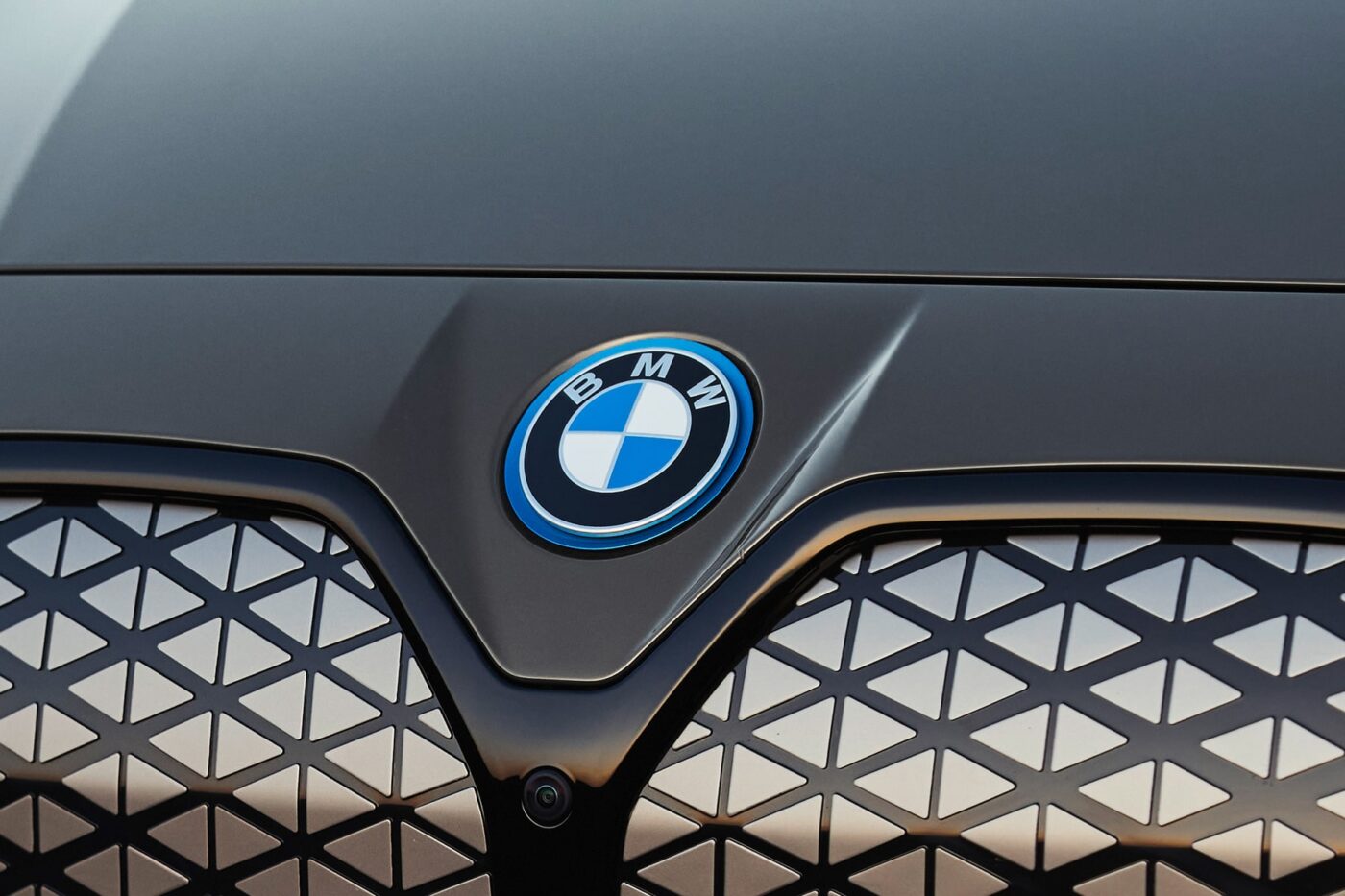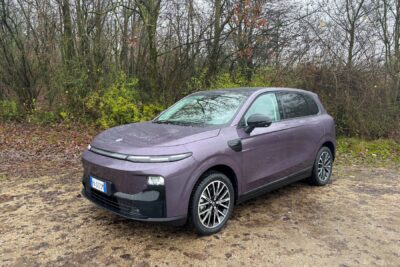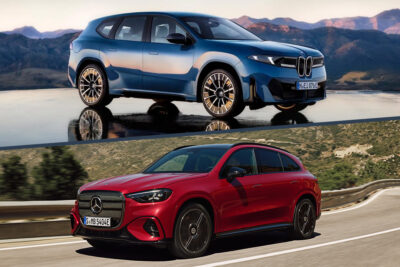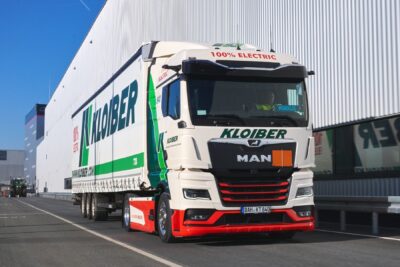BMW increases electric sales to 368,523 EVs in 2024
The BMW brand saw an increase of 11.6 per cent compared to the 330,596 BEVs in 2023. Group-wide, there were 376,183 new electric cars at that time, which is now almost reached by the BMW brand alone.
Even though the Munich-based company as a whole and the important core brand are in double-digit growth, a different growth dynamic can be observed than in previous years. In 2022, the BMW Group was still able to grow by 108 per cent compared to 2021; from 2022 to 2023, the increase was 74.4 per cent. The general market trend in electromobility can therefore also be seen at BMW – even if the figures here remain positive.
By way of comparison: permanent competitor Mercedes presented its figures at the end of last week. At Mercedes-Benz Cars, the passenger car division of the Stuttgart-based company, the figure was 185,100 BEVs (-23 per cent). The figures are not comparable at the Group level, as BMW, for example, does not have a van division.
The Munich-based company, on the other hand, still has the British brands Mini and Rolls-Royce on offer. Here, too, the trend was positive (compared to Mercedes). At Mini, electric sales were also up by double digits (24.3 per cent) with 56,181 vehicles, while at Rolls-Royce the figure was as high as 479.6 per cent. However, the luxury brand’s only electric model to date, the Spectre, had its first full year of sales in 2024 – so the comparison with 2023 is not accurate. A second Rolls-Royce electric car is due to be launched in 2025.
One comparison that is notable is the proportion of electric cars at BMW. The brand accounted for 16.7 per cent of the 2.2 million BMWs worldwide (-2.3%). At the Group level, it was even 17.4 per cent with 426,594 out of 2,450,804 cars. At Mini, the model changes for the Cooper and Countryman are paying off with attractive electric versions: While EV sales rose by over 24 per cent, total deliveries fell by 17.1 per cent – 22.9 per cent of all new Minis were purely electric.
Electric car sales at BMW also developed well over the course of the year. In 2023, the Munich-based company had only sold more than 100,000 electric cars in Q4, but last year this was achieved three times – with a record of 132,542 BEVs in the fourth quarter.
BMW no longer reports plug-in hybrids separately in its communication. Since BEVs and PHEVs are summarised under ‘electrified’ vehicles (593,215), we calculate a result of 166,621 plug-in hybrids. For 2023, 190,303 part-time electric vehicles could be determined in the same way – PHEV sales have therefore fallen for the second year in a row. In 2022, there were still 218,040 PHEVs.
BMW does not specify the distribution among the individual model series, nor the distribution of BEV sales among the individual sales regions. The press release merely states that BMW has succeeded in Germany “despite a declining market for fully-electric vehicles, BMW saw growth in new BEV registrations” – but this is already known from the KBA figures. In the Italian, French and British markets, BMW recorded double-digit sales growth but does not provide any precise information on electric cars.
It is clear that the development of sales in the second half of the year was characterised by delivery stops in connection with the Integrated Brake System (IBS) and subdued demand in China – but here, too, BMW is not making any concrete statements about electric vehicles.
However, the Munich-based company is optimistic for 2025: the BMW Group is continuing its growth course for all-electric vehicles – in a challenging market environment. “This is reflected in both the significant sales growth for fully-electric vehicles and the clear rise in new BEV orders in Europe,” said Jochen Goller, Member of the Board of Management of BMW AG responsible for Customer, Brands and Sales. “We are confident we can maintain our BEV sales growth in 2025 with our strong and expanded product line-up.”
However, Goller did not specify a concrete target for electric vehicle sales or the proportion of total registrations accounted for by electric vehicles. With the development in the second half of the year, BMW has missed the target of 20 per cent. A year ago, an EV share of 25 per cent was mentioned as being the target for 2025.





0 Comments